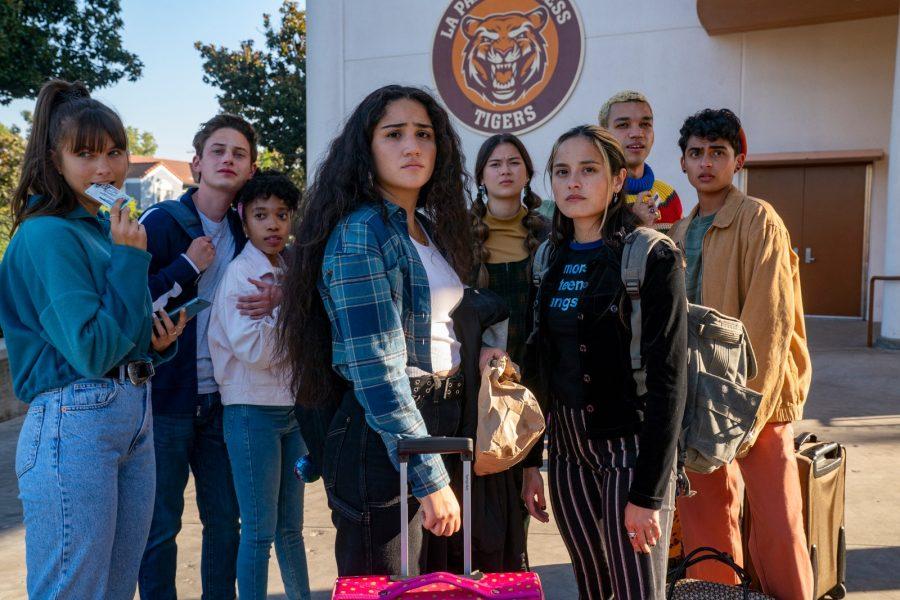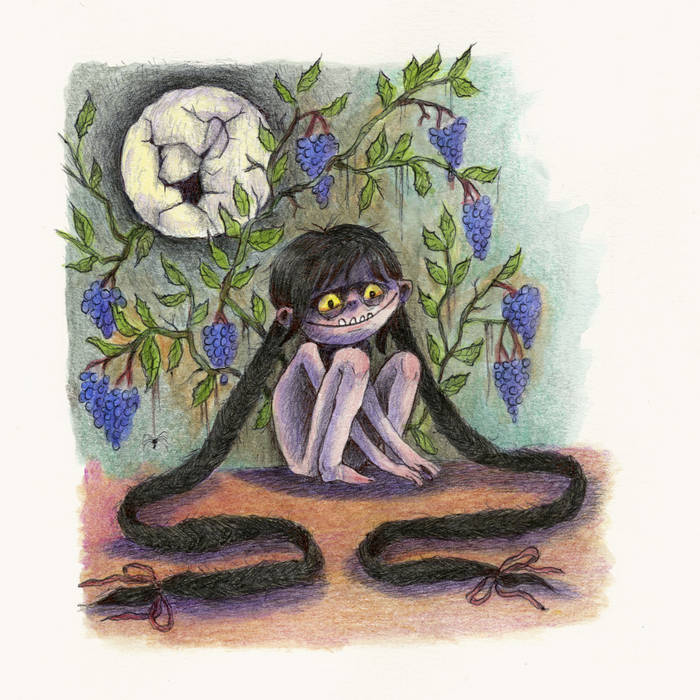The first season of “Genera+ion” brings a compelling brand of messy to the infinite promises of the queer imagination.
Edgy teen dramas of sex, drugs, and sickeningly addicting pop music are a rampant staple of today’s television landscape. Even though I, someone who was once a teenager, have never in my entire life heard people speak the way that teenagers written by middle-aged men speak in these aforementioned shows, I still find myself steadily consuming this kind of media in all its innate, saturated glory. However, the teenage dramas produced in the last five years have marked a certain change in media airwaves that drew me in significantly more than the forgotten dramas of ABC Family past. After finishing entire seasons of shows like HBO’s “Euphoria” within 24-hour periods, I thought about what the exact characteristics of this newer wave of television were that still managed to resonate with me, despite their unhinged dictive and syntactical choices. What was so inviting and attention-sustaining about “Genera+ion,” even in its cringiest moments of absurdity?
The answer? The inclusion of narratives centering people at intersecting margins, who were previously allocated to lazy side-plots and tragic happenings that spurred on the growth and development of their straight, white protagonists. This new wave of television centers BIPOC stories, queer stories, and genderfluid stories, in which teenagers live as their fully realized selves (as far as teenagedom allows, of course). No longer exclusively relegated to the saddest circumstances to ever befall a human being ever, we are shown queer possibility, the possibility of a “queer forever” — that queerness has always existed, exists now, and will continue to exist. Not only does the show legitimize these identities, it refuses to make them the exclusive perpetrator of the narrative, where queerness doesn’t have to exist as these individuals’ sole defining exemplars of personhood. They exist as whole, mistake-making kids, ready to fall deep in love, and able to readily express it to their friends, just as a straight teenager would typically and casually be depicted doing so without a second thought.
A public mall pregnancy scare with a kiddie pool, jumping off of a wedding rehearsal cruise ship after unintentionally outing yourself while stoned, passing the time during an active shooter lockdown with Dr. Pimple Popper videos, and weed-aquarium adventures with new acquaintances, paint colorful pictures of these heightened high schoolers’ lives in comedic and communal ways. The show lets queer people be dumb, and letting characters be dumb is critical to an effective increase in media representation for folks of under-and-ill-represented identities. Not everyone is exceptional, nor should they have to be in order to be deserving of validation — validation of the self, of the humanness, validation of the right to love, and the ways in which to do it, and validation of fears, both big and small. To deserve life, to deserve full honoring of personhood, let characters be dumb.
In this critical dumbness of their characters’ behavior, the show manages to balance their mistakes with astonishingly intimate close-ups. Gaze becomes an important factor, as the heterosexual gaze is ultimately decentered and heavily criticized in its toxicity and avoidance of queer labels and individuals for fear of proximity to queerness. We get these pining glances at quiet loves, these moments of silence and wonder, that are just absolutely wonderful. These moments of breath amidst the chaos are what deepen the effects of the show even further in their authentication of queer identity and a naturalized queer survival displaying its trajectory of inevitability.
It’s moments of television like this that remind me of my own relationship with my queerness, as I retroactively reminisce about what it would have been like for me to live my high school years as the current and fully out self that I exist as now. I wish I had seen shows like this when I was the ages of the characters, so I could have seen what that queer centering looked like. Media, even with its many undeniable flaws, gives those of us on the margins the language to articulate ourselves as ourselves, and invites a steadfast openness that can only grow with the time and reflection generated by this linguistic acquisition.
Grade: B
Creators: Daniel Barnz and Zelda Barnz
Starring: Justice Smith, Chase Sui Wonders, Chloe East
Premiered: March 11, 2021
Rated: TV-MA
Image courtesy of Glamour.








